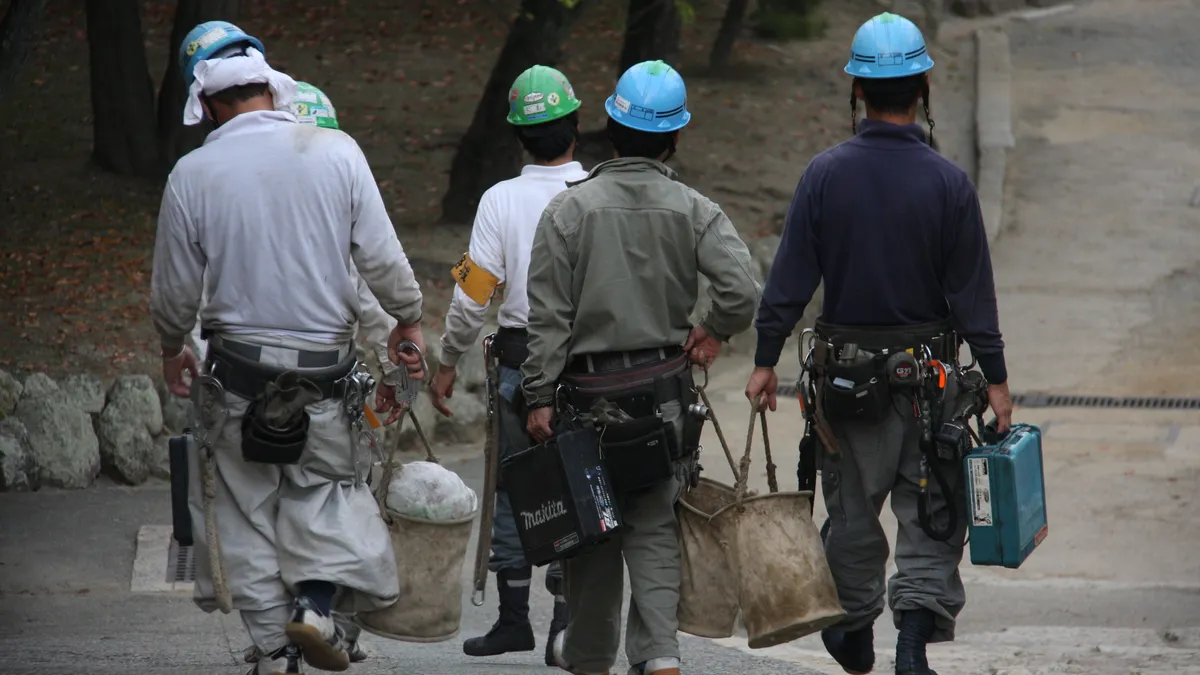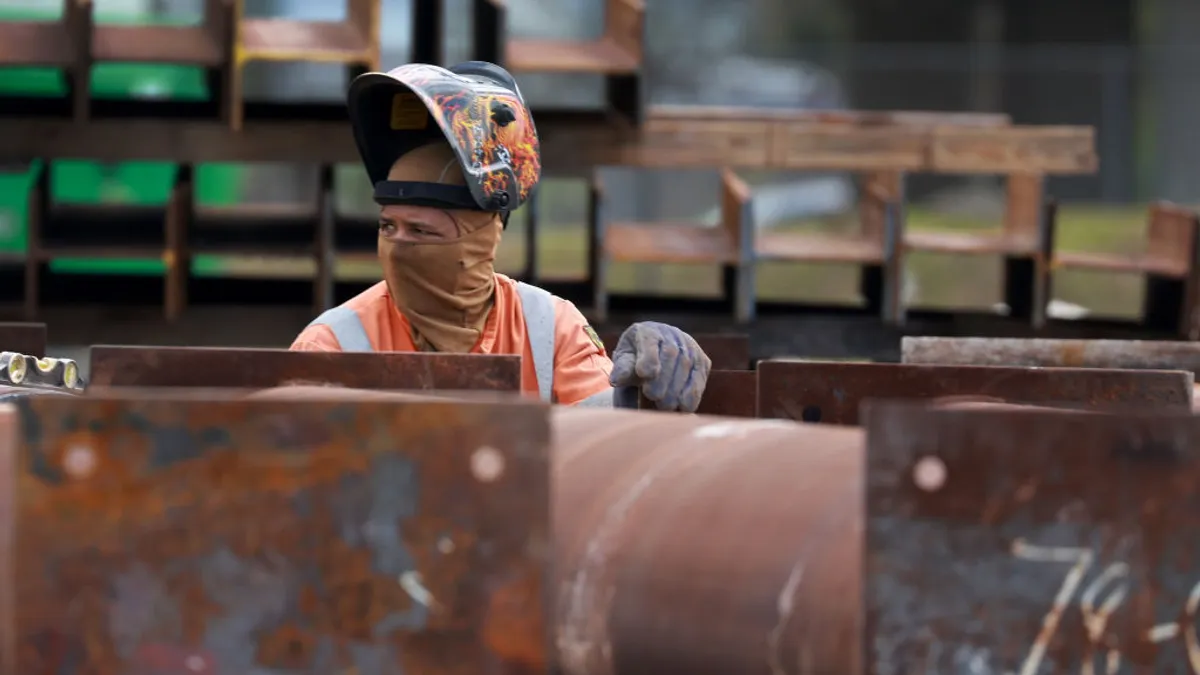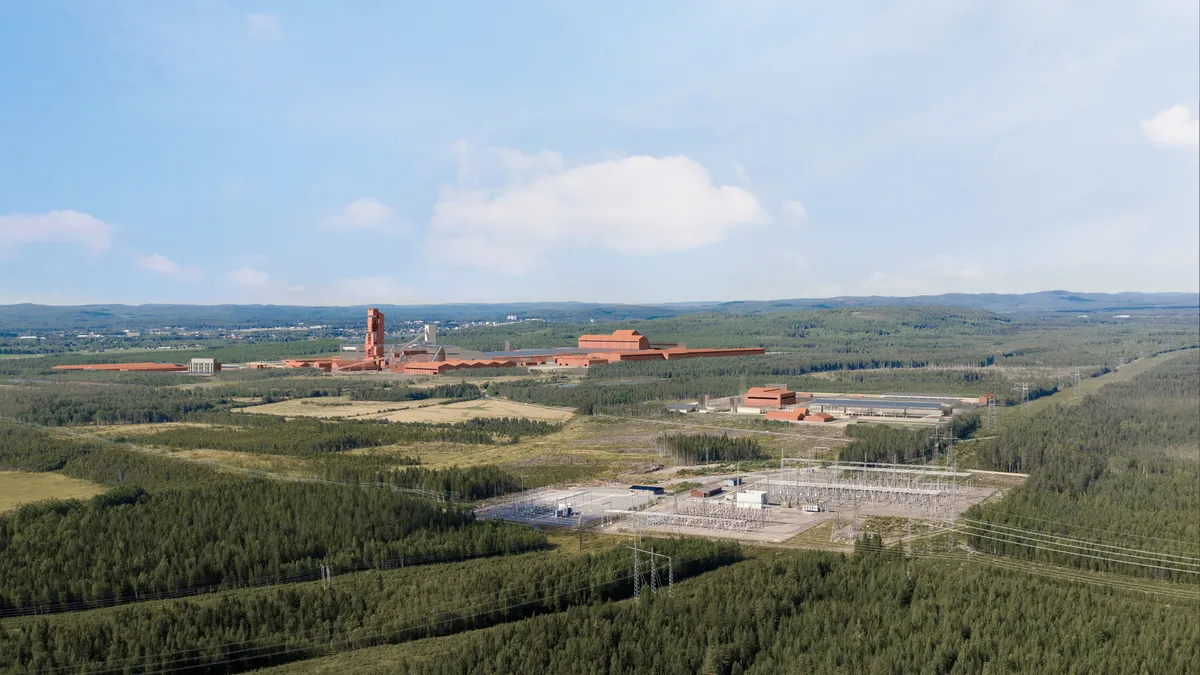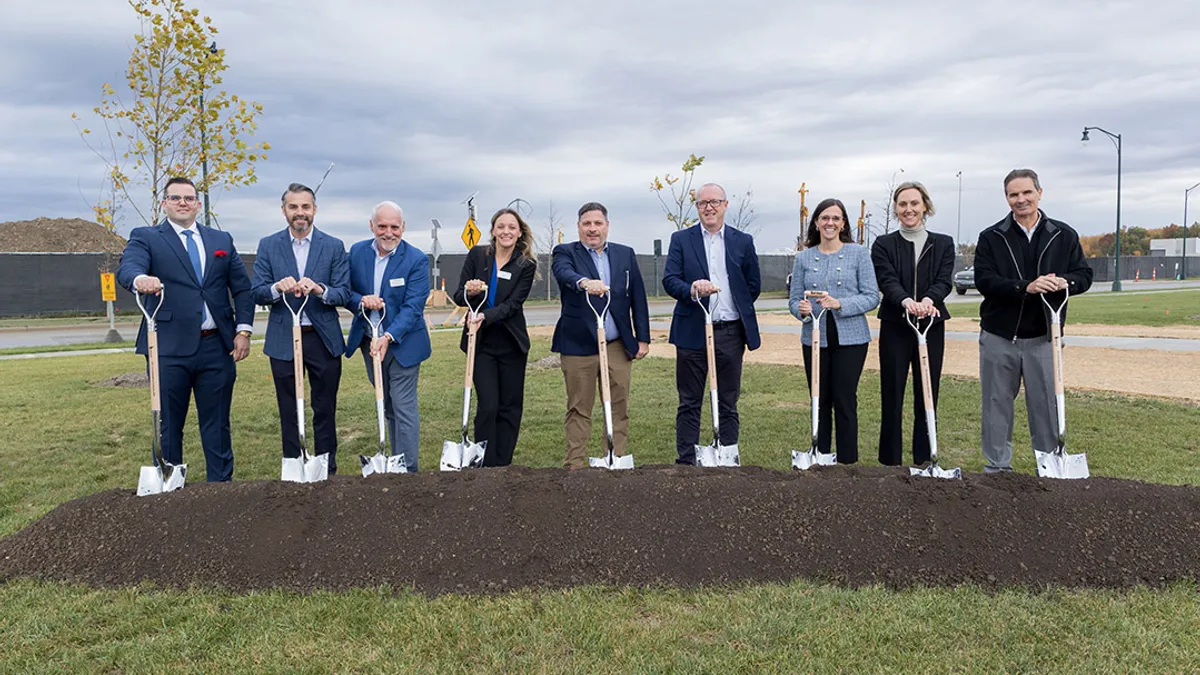In an effort to help attract a more diverse workforce, four of the biggest contractors in the United Kingdom are looking into what might seem like a revolutionary idea: flexible hours for construction workers.
Spearheaded by London-based consultant Timewise, four firms will run on-site pilots to test ways of redesigning frontline jobs and shifts to enable more flexible working opportunities. Skanska UK, Bam Construct, Bam Nuttall and Willmott Dixon will work with Timewise experts to trial new ways to structure and manage shifts for site roles that have traditionally been seen as impossible to manage flexibly.
The project will focus on frontline, onsite jobs that traditionally have not been considered appropriate for adaptable hours and explore how contractors can design roles with flexibility built-in, such as new ways of structuring and managing shifts. Timewise will interview and work with teams of different employees looking at their systems for planning shifts to find out whether start and finish times or shift patterns can be moved around, said Timewise lead consultant for construction Pernille Solvik.
Insights from the 16-month trial will be shared by trade association Build UK in an effort to tackle the industry’s reputation for long hours, attract a more diverse talent pool and improve mental health.
"For too long our industry has struggled with how working patterns outside of the traditional norm can be accommodated," said Harvey Francis, Skanska UK executive vice president in a press statement. "This hasn’t helped us in our desire to attract and retain a greater diversity of people, which we believe is critical to our long-term sustainability and success.”
Timewise will provide the firms with workshops, training sessions, mentoring and consultancy support to help introduce more flexible working opportunities. These pilot case studies will aid in the development of an industry-wide toolkit, according to a press statement from Timewise.
Changing attitudes
In the U.S., the Associated General Contractors of America has been exploring how flexible hours could entice more workers to the industry. AGC staff has been informally polling members about whether they offer any type of flex time, according to Brian Turmail, vice president of public affairs and strategic initiatives for AGC.
The U.S. construction industry is notorious for requiring long hours — sometimes up to 15 hours a day — for salaried employees like junior project managers, he said. Craft workers are usually paid hourly and get paid extra for overtime.
Young salaried workers often become burned out, Turmail noted, because of the demanding hours and lack of flexibility, "while they see their friends in other fields telecommuting half the time or leaving work for a while in the middle of the day to pick up their kids," he said. "It's really difficult to do this in construction jobs because of the nature of the industry."
While it would be difficult to run a jobsite with non-full-time workers, it could be possible through the use of split shifts or jobsharing, depending on the type of project, Turmail said.
"The short answer is that it's probably really complicated, which is why most firms haven't tried it yet," he said. "But on the other hand we are fighting workforce shortages with one hand tied behind our back so it's probably worth considering."
At a recent board meeting, out of 24 construction executives in the room, Turmail said none were aware of any U.S. contractors that advertise flex hours.
The drive for diversity
Timewise has worked with other U.K. industries with similar staffing challenges, such as health care and retail, to make changes toward greater flexibility, said Emma Stewart, Timewise CEO. While there are no specific numbers for U.S. construction, recent Timewise research found that less than 5% of ads for frontline construction jobs contained a reference to flexible working options, 10% below the U.K. industry average.
A move toward more flexible work hours will make construction careers viable for a larger, more diverse group of workers such as students or parents of young children, noted one executive involved in the U.K. pilot.
"Discovering ways of working flexibly, that successfully support employees, will help people stay in construction and engineering careers, and open these opportunities up for more people, unlocking barriers to increase diversity," said Alasdair Henderson, global director HR business partnering - civil at Royal BAM Group.
What do you think about flexible hours?
Offering flexible hours to on-site workers has benefits and challenges, and Construction Dive editors want to know: Are you offering them or considering offering them? If not, would you consider them within the next year?
Make your voice heard by taking part in our short, anonymous survey below. We'll report the results shortly in a separate article.






















